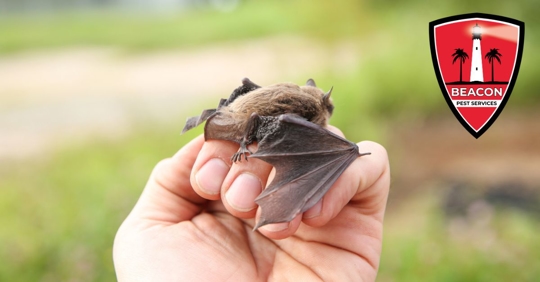When wildlife crosses paths with human spaces, finding solutions that respect nature while addressing practical needs can feel like a challenge. Ethical wildlife control provides a framework to handle this responsibly. Balancing innovative techniques, humane practices, and ecological awareness ensures that both humans and wildlife can coexist harmoniously. Whether you're a homeowner dealing with unwelcome critters or a conservationist championing biodiversity, this guide will help you understand how ethical wildlife control works and why it's so critical.
What Is Ethical Wildlife Control and Why Does It Matter?
Ethical wildlife control is about managing wildlife in a way that minimizes harm and supports ecosystems' long-term health. With rapid urbanization disrupting natural habitats, human-wildlife interactions are becoming more frequent. Ethical practices ensure these encounters are handled with care, providing sustainable solutions that protect both human interests and wildlife.
Principles of Humane Wildlife Management
At the heart of ethical wildlife management lies a commitment to minimizing harm. Key principles include:
- Non-lethal strategies like exclusion, habitat adjustment, and relocation.
- Ecological balance, ensuring interventions don't disrupt natural systems.
- Innovative methods such as fertility control and motion-sensor monitoring to reduce animal stress.
By addressing the root causes of wildlife conflicts, these approaches foster coexistence and sustainable solutions.
The Role of Regulations and Community Stakeholders
Laws and local guidelines are vital for setting standards in wildlife management. From national policies like the Endangered Species Act in the U.S. to localized rules tailor-made for specific ecosystems, these frameworks ensure accountability and ethical compliance.
Equally important are local communities and indigenous groups, whose knowledge and involvement often lead to more effective and culturally sensitive strategies. Collaboration between governments, NGOs, and private sectors strengthens resources, innovation, and trust.
Call Beacon Pest Services for Practical Wildlife Solutions
Innovative techniques, such as monitoring through drones or citizen-science apps, have revolutionized wildlife management. These tools allow for non-invasive intervention and improved decision-making. Programs like Yellowstone's wolf reintroduction highlight the long-term benefits of ethical strategies in restoring biodiversity.
Wildlife control isn't merely about solving problems; it's about creating pathways for coexistence. With the right tools, techniques, and partnerships, we can ensure that both human spaces and the natural world thrive together.
Looking for wildlife solutions in the Orlando, FL area? Reach out to Beacon Pest Services today. Our humane, innovative methods prioritize safety for your family and the local environment. Get in touch and call (407) 449-8769 for a consultation and discover how we can help manage wildlife responsibly.

